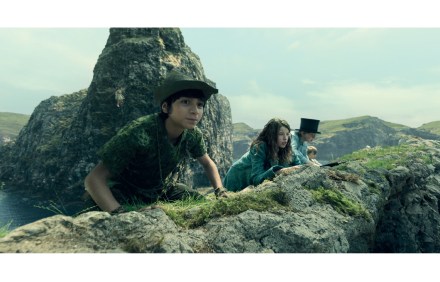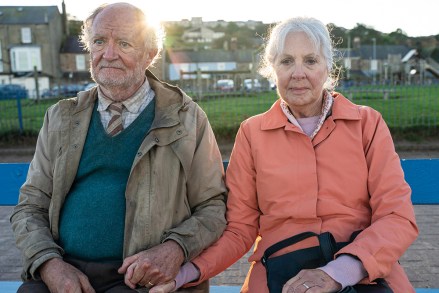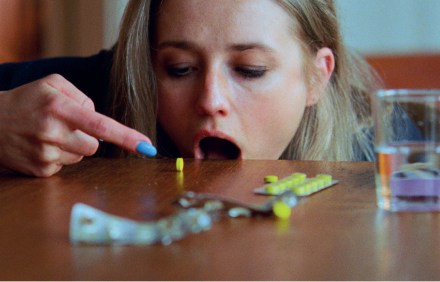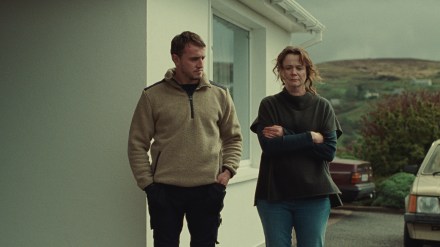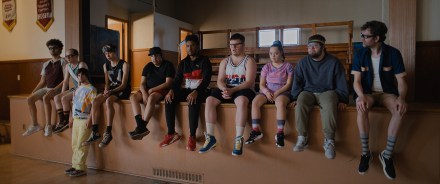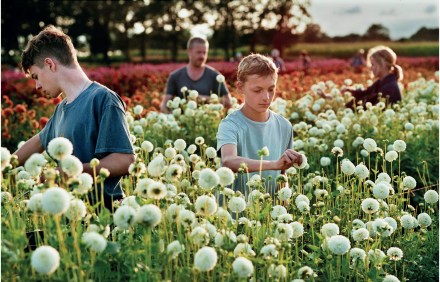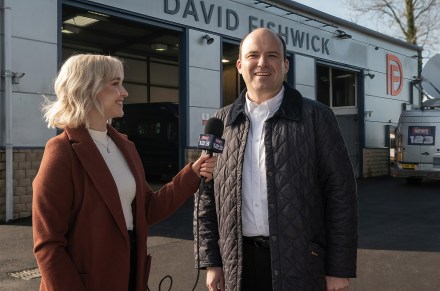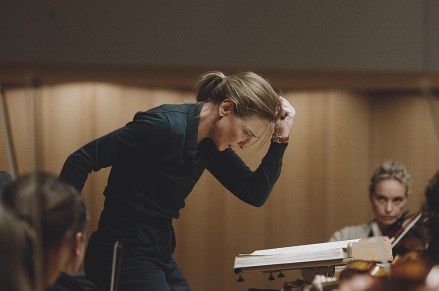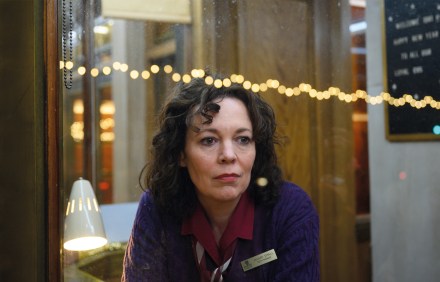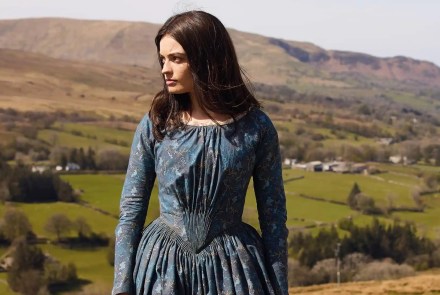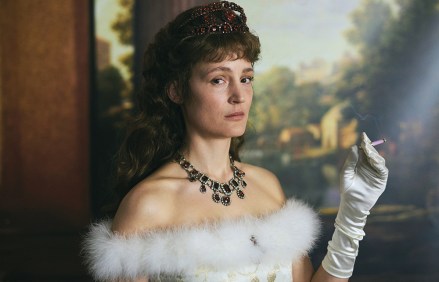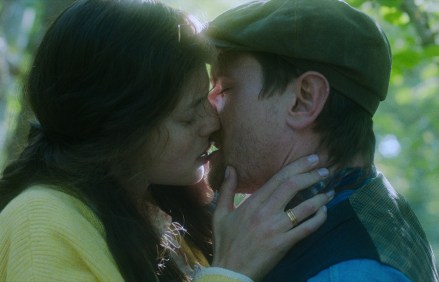The magic is missing in this remake: Disney’s Peter Pan & Wendy reviewed
Peter Pan & Wendy is Disney’s latest live-action remake (the animated version was in 1953) and it’s quite the sombre affair. It takes itself and its story so seriously that I kept waiting for it to be fun and it never was. There is an underlying sadness to J.M. Barrie’s original story, but it is
